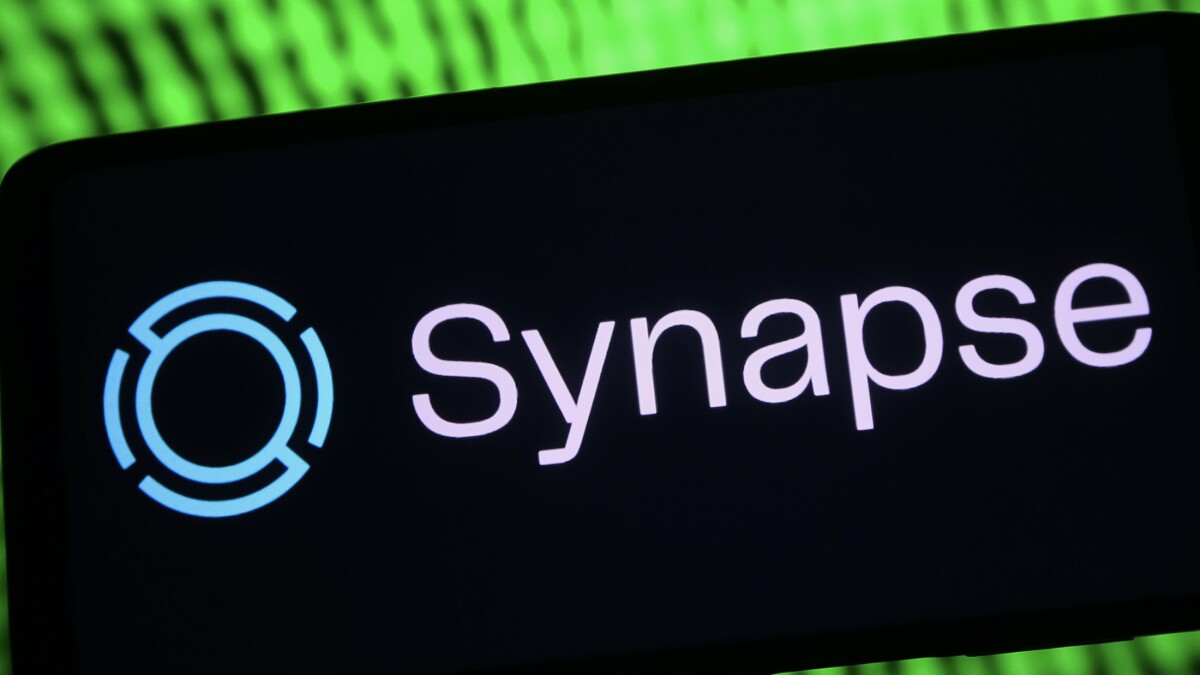SOPA Images/Photographer: SOPA Images/LightR Unless the new administration squashes it, soon banks and fintechs will need to work with the FDIC’s so-called Synapse rule, which would require them to ensure that the balances of custodial deposit accounts are accurate and reconciled on a daily basis.”The majority of responsible, embedded finance and innovative banks are doing that today, or they’re in the process of making sure that they’re able to do that,” said Phil Goldfeder, chief executive officer of the American Fintech Council. “The fundamental responsibility of the bank partnering with a fintech company is reconciliation and ensuring that they know what money is coming and going. In bank-fintech partnerships, the buck stops with the regulated entity.”For some smaller banks, this will be a tall order, said Konrad Alt, co-founder of Klaros Group. “But it’s not unreasonable for regulators to expect this,” Alt said. “If you put your money in your bank, you want to be absolutely sure that your bank always knows where it is. That’s part of the deal when you give your money to a bank.”This requirement is one of several challenges banks will need to cope with in the new year, as the ongoing dispute between Synapse and its partner banks, and approximately $65 million to $95 million of missing customer money, cast a shadow on bank-fintech partnerships. Banks’ core systems track most transactions that happen throughout the institution — in mobile and online banking, branches, ATMs and more — on a daily basis. Most U.S. banks use core systems from FIS, Fiserv and Jack Henry. (The three companies did not respond immediately to requests for interviews.) To synchronize these systems with fintech partners’ daily transaction ledgers, a small cottage industry has emerged: companies that offer technology that can sit on top of a bank’s current core platform to track transactions to and from fintech partners. Treasury Prime, Unit and the now-bankrupt Synapse are all in this category. Treasury Prime says it has been doing daily reconciliation between banks and fintechs for seven years. It connects directly with banks’ core systems and has active integrations with FIS, Fiserv, Jack Henry and COCC cores, according to Jeff Nowicki, chief banking officer. These integrations allow for real balancing between the end user accounts and “for benefit of” accounts with backing deposits, he said. The company also maintains a separate FBO account for each fintech, rather than commingling accounts as Synapse did. It provides a bank console with views at the individual end-user level and at aggregate program levels, updated several times a day, Nowicki said. Some people (mostly vendors of blockchain technology) think distributed ledgers would be a good answer to the reconciliation issue. Over the years, banks have made many attempts to share distributed ledgers (colloquially known as blockchains). But most have fallen apart over issues of control and not wanting to

